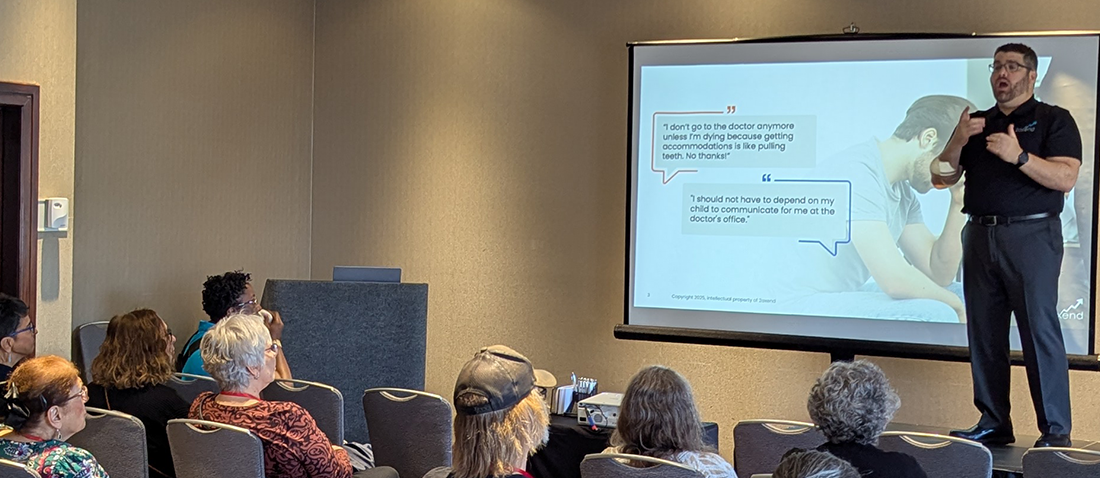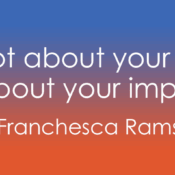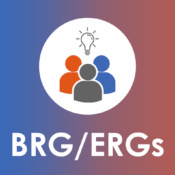
Meaningful Systemic Change Begins with Stories and Data
This week, I had the privilege of attending the Deaf Seniors of America (DSA) Conference in Kansas City (and enjoying some great BBQ). This event has continued to shape how we all understand aging, access, and accountability within the Deaf community. If there’s one thing that consistently hit me during my time at the DSA Conference, it’s this: the lived experience of Deaf seniors holds the blueprint for the future we’re all building toward.
For me, it’s not just a conference, but a reminder that systemic change doesn’t happen in silos. It only happens when we stop asking, “How do we accommodate?” and instead ask, “How do we build it into systemic design from the start?”
Real stories shared by the Deaf, DeafBlind, and hard of hearing community aren’t anecdotal. They provide impactful, quantitative and qualitative metrics of lived experiences. We must pay attention and use these stories to inform how we design everything - from healthcare policy and accessible tech to interpreter standards and care services.
The Rubella Generation Is Aging
During my time as President of the Illinois Association of the Deaf between 2015 and 2021, one of our board’s top priorities was centered around addressing the overarching needs of the senior Deaf population. It wasn’t a “nice to have”, but an urgent need to address systemic gaps affecting our community. Since then, these needs are not going away. In fact, the urgency is only growing.
Conversations at the DSA conference with community members and leaders confirm this need is of utmost concern. These leaders included members of National Association of State Agencies of the Deaf and Hard of Hearing (NASADHH) who serve Deaf and hard of hearing individuals in their respective states and promote best practices and policies.
We’re at a pivotal moment in the U.S. where a significant portion of the Deaf population is entering their senior years. Specifically, the so-called “rubella generation,” born during the 1964–1965 rubella outbreak are disproportionately affected. This group, born during a time when rubella led to widespread congenital deafness, makes up one of the largest and most culturally Deaf generations in history.
Over the years, I’ve seen firsthand how often the needs of Deaf seniors are overlooked, minimized, or generalized. We’re entering a new chapter where intergenerational access is a defining challenge. Deaf seniors are aging into systems that generally were never designed to support their communication access in the first place. Now, these same systems are failing to evolve with them as they face more complex healthcare needs, retirement planning, and end-of-life decisions.
This means the demand for culturally and linguistically appropriate services, especially in healthcare, is not going away. It’s increasing - fast.
The Power of Listening—Especially in Healthcare
At this year’s DSA Conference, I absorbed story after story about hospital experiences that went wrong. Not because the care was bad, but because communication access was generalized, patchworked, or simply ignored.
This is exactly the kind of thing we mean when we talk about #TheDDBHHTax—the extra burdens that Deaf, DeafBlind, and hard of hearing people face just to get equitable service.
This revelation is stunning - and why I’m proud that 2axend launched a new IRB-approved national healthcare survey to learn directly from Deaf and hard of hearing community members about how they navigate healthcare. We want to understand what’s working, what’s failing, and what’s needed to actually address the systemic issues in place. Our survey is about more than collecting stories of lived experience. It’s a powerful source of data that healthcare systems will need to acknowledge and act on.
If you're Deaf, DeafBlind, hard of hearing, or late-deafened, please take the survey and help us maximize our reach by sharing it with your friends and family. When our stories are part of the data, we stop being an afterthought. We become the blueprint.
Systemic Change Doesn’t End with Healthcare
Healthcare is just the entry point. But the truth is, systemic change is overdue in every industry - from courts to corporations, from education to emergency response. 2axend’s mission is to help organizations shift from reactive accommodation to proactive design. Our team leverages real, lived experience and subject-matter expertise to work alongside partners to update communication protocols, build inclusive policies, train staff, and embed effective communication access into the fabric of business.
As Deaf professionals ourselves, we carry lived experience into boardrooms and classrooms alike. We know that when access is bolted on, it breaks. But when it’s built in, it works.
That’s why we keep showing up at conferences like DSA, through surveys centering our community voice, and inside the flawed systems that require transformation for an accessible and inclusive future.
A Final Thought
If there’s one thing I took away from the DSA Conference this year, it’s this: The future doesn’t belong to those who delay change. It belongs to those who design for it.
Systemic change doesn’t start with the loudest voice in the room. It starts with listening and acting with intention.
These conversations are happening in healthcare organizations and across businesses globally. Let’s turn these ideas into full-fledged commitments. Participate in the survey so your story doesn’t go unnoticed!



